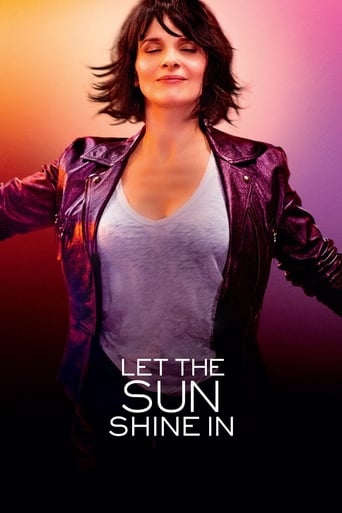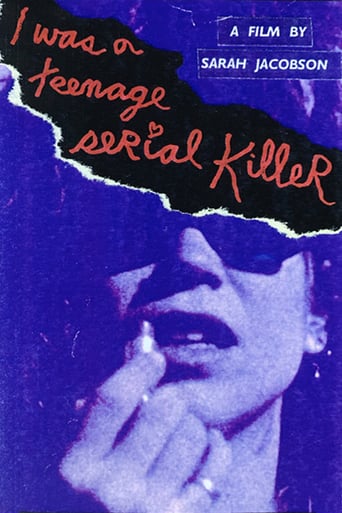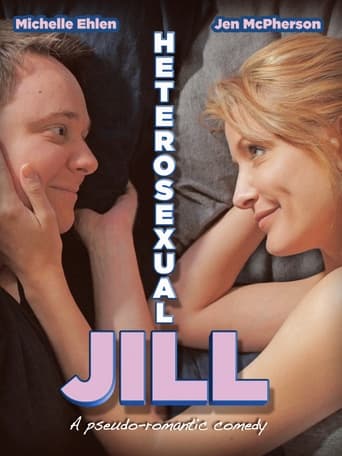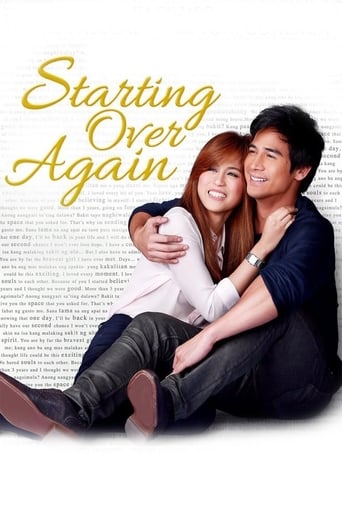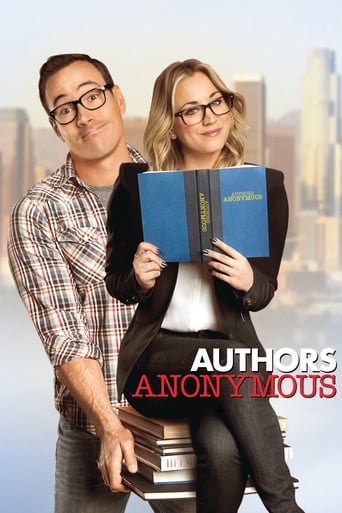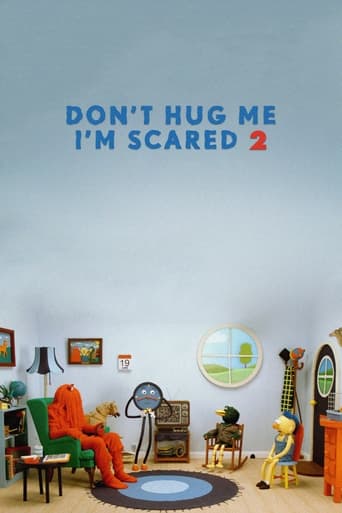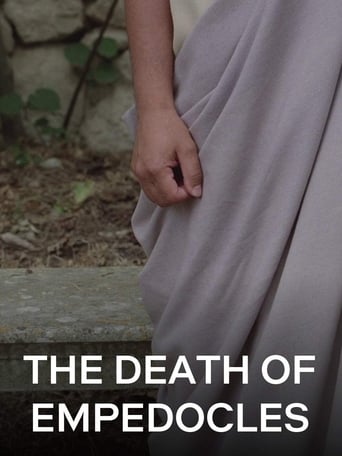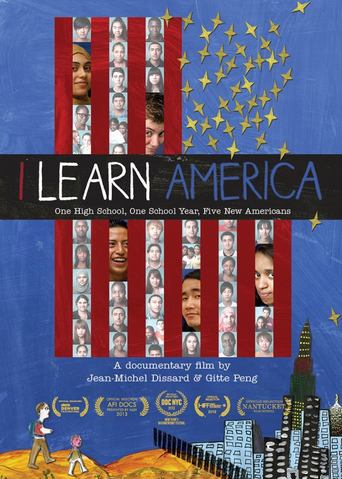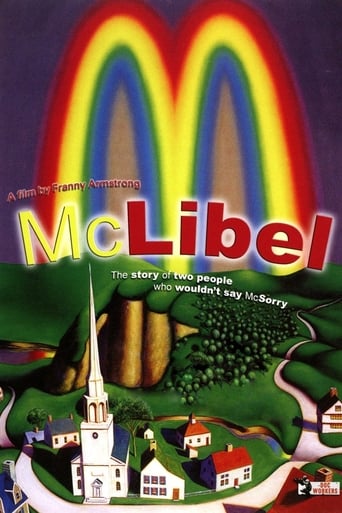

McLibel (2005)
McLibel is a documentary film directed by Franny Armstrong for Spanner Films about the McLibel case. The film was first completed, as a 52 minute television version, in 1997, after the conclusion of the original McLibel trial. It was then re-edited to 85 minute feature length in 2005, after the McLibel defendants took their case to the European Court of Human Rights.
Watch Trailer
Cast


Similar titles
Reviews
This movie is painful to watch. The two activists come across as petulant children railing against practically every injustice in the world that they can think of.The documentary fails to present a coherent argument. It's all over the map - in one minute they're complaining that killing chickens by beheading them isn't the most humane way to do it (but is that really true? they don't cover any alternatives) and in the next moment they're complaining that McDonald's is responsible for rain forest destruction (but they don't even say why! I guess because McDonald's uses paper? But so does every other company on earth).This film could have been better with more facts about the UK legal angle and much less anti-corporation propaganda.In trying to figure out what the concluding message of the film was, all I could come up with is that it showed what a waste of resources their case was and how pointless this all was. All it really did was feed millions of dollars to lawyers. But the fact that tying up the courts like this only benefits the lawyers is not really an interesting fact or anything new.
Now I don't adore McDonald's or even think their food is particularly good. Do I think they do things that aren't completely fair? Of course I do, but so do all sorts of companies. I think the people that refused to say sorry are two people that have WAY too much time on their hands. I like documentaries very much, but I hate it when they are completely one-sided A-LA Michael Moore! I think it is a shame about some of the practices of companies, but what these people forget is that companies aren't really out to make friends, they are out to MAKE MONEY! I think it is quite hilarious, that these people just wouldn't say sorry and get on with their lives. I am sure it is the principle of the thing, but honestly, get a life! Was this documentary good, Not really, was it even very well done, not in the least. I am sure fast food is a huge reason that people (particularly in America) are becoming more and more obese. The problem w/ blaming McDonald's is the fact that even though their food is not particularly good for you, it is the fault of all the lazy people that can't make basic foods for themselves. It's every individuals fault when they become obese then blame McDonald's for all their health problems. It is the new thing especially in the U.S. to blame EVERYONE else for their problems, which is especially sad. Does McDonald's do a lot of things that are perhaps morally wrong, absolutely! So do all sorts of companies, not just the almighty McDonald's. This documentary is all against McDonald's and not even one thing says some of the good things they do. If everyone despises McDonald's so much, then they can just stop going. Until that happens there will always be some that hate companies for whatever reason they so choose.
I would describe myself as an ultraliberal. I am certainly no fan of McDonald's. I never eat there, and I don't own any stock. The fact that a company like McDonald's exists makes me cringe.Honestly, I feel this documentary was poorly made, and that most reasonable people who are truly interested in the famous McLibel trial would be better off reading about the McLibel trial than wasting time viewing this film. I feel that many viewers of this film feel that society would be a better place if more people watch this film and as a result are giving this unjustifiably good reviews. In truth, this is a really bad documentary. Even though it is less than 90 minutes long, it is extremely boring and frustratingly uninformative.I feel the McLibel case made the McDonald's Corporation look pretty silly. I really wanted an informative documentary that was going to present the facts surrounding the trial and the events leading up to the trial, possibly make me laugh, and explain what exactly it is about British law that made this sort of lawsuit seem viable to the McDonald's lawyers. Instead, I was presented, for the most part, with an uninformed and naive, one-sided, boring rant against the McDonald's Corporation for its business practices, primarily from the point of view two unlikeable, self-righteous, and naive characters.My first main complaint is that the title is a bit misleading. This is more a polemic against the McDonald's Corporation and its business practices than it is a documentary about the McLibel case per se. If the parts that weren't actually about the trial were cut out, I'd estimate this film would've been maybe about 30 minutes long. And there is hardly anything here about the pro-plaintiff British libel laws that made this kind of suit seem feasible for McDonald's to pursue in the first place (but only in the UK)--which really would have been the most interesting subject to talk about, in my view. It is as if the filmmaker wanted some excuse to make a film to educate us all about how bad McDonald's is and viewed the McLibel trial as a perfect excuse. As if any reasonable viewer doesn't already know that McDonald's food tends to be unhealthy, or that McDonald's workers get paid very low wages, or that millions of chickens are slaughtered to make Chicken McNuggets! Who doesn't know this? Well, if you didn't already know it, you will have definitely learned it by the time this film is done, because it will have been repeatedly beaten into your brain, unless, of course, you fall asleep first.My second main complaint is that the two principle characters, the defendants in the McLibel case, come off as self-righteous and just kind of silly, naive, twittering dingbats. For example, they and some other characters that talk in the film repeatedly express dismay at the notion that a multinational corporation such as McDonald's actually cares only about profits and not really about its workers or its consumers as people (except to the extent caring about us translates into profits of course). But these complaints are naive. You can't complain that vociferously about a multinational corporation wanting to maximize profits--their shareholders could sue them if they do anything less--the complaint needs to be directed more at the relevant law that allows and encourages this kind of corporate behavior, the people that support these laws, and, to some extent, at the consumers that support McDonald's and the workers that won't unionize and that accept such low wages. It's one thing to state the facts about McDonald's dispassionately and let the viewer decide for him- or herself whether to support McDonald's with his/her wallet, or to state the facts dispassionately and then go on to explain not only the situation the workers and consumers find themselves in relative to McDonald's, but also the situation that the McDonald's Corporation finds itself in relative to its stockholders, but it's another thing to one-sidedly skewer the McDonald's Corporation for the entire situation when the workers themselves, the consumers themselves, and the legal systems controlling the countries in which McDonald's operates and the people controlling those legal systems all share the blame. My third main complaint is that the film is not well-organized. It's just kind of all over the place, and presented in a random haphazard manner.My fourth and most important complaint is that the film is boring, thanks in no small part to the fact that the two main characters, the defendants in the McLibel case, are boring and unsympathetic characters.The best documentaries are those that either neutrally present facts about events, or present the best of all sides of whatever issue is being discussed from the points of views of well-informed and intelligent people, and that do so in an interesting manner. That does not in any way describe this documentary. I give it a 2 out of 10, because there are actually some parts of this film here and there that do actually talk a bit about the trial, but, really, I feel that's a pretty generous rating.If you want to be beaten over the head with an anti-McDonald's rant, see this film. If you want to learn about the McLibel trial, do yourself a favor and ignore the other reviewers and go read about it instead. It's a fascinating trial. This is a dumb film that tangentially touches on that fascinating trial to a small extent between rants about how evil McDonald's is.
A long time ago there was a company that made lots of money by selling bits of meat between two bits of bread. Many people were employed to put the meat between the bread and many animals were killed to be the meat. A friendly clown persuaded children to love the company. Some decades passed and all was well. The company became very, very rich. Richer even than many countries. And then some people wrote in their newspapers than eating lots of the meat and bread could make people ill. Other people said on television that too many trees had been cut down and that the workers were unhappy. This made the company very angry. The company looked around the world and saw that in England there was a special law that could stop people saying things the company didn't like. And make them say sorry.It is with the above text (delivered in a Star Wars fashion) that this film starts with pretty much immediately helping you work out if your politics and sense of humour are in the right place to be part of the target audience for this documentary. The story of the film is famous now; basically in the early 1990's McDonalds took libel cases against many people who had spoken out against them papers, television channels, pressure groups, generally media groups and the like. Drawing retractions from the majority of them, McD's was very happy with the UK system and set about going after other targets. David Morris and Helen Steel were volunteering with Greenpeace as part of their belief in environmental activism, part of which was handing out a pamphlet "what's wrong with McDonalds" outside the outlets and telling the "truth" about the company. When they got served with a libel writ from the company, some of their group apologised and retracted but Helen and David said no and started to defend themselves against a team of very expensive lawyers retained by McD's. The film documents their case and then the action that they took in the European Court of Justice years later.Having been made over the whole ten year period (rather than looking back) the film is gripping and really involves you in the story. The case is boiled down to the essence and it is made surprisingly fluid and exciting as a result. The dramatisation of the courtroom scenes feels a bit cheap but still works although it doesn't help that Morris, despite being natural and himself across the rest of the film, comes across as wooden and "acting" in these bits. The bias in the presentation is there of course and if you disagree with them then this isn't the film for you. However, I saw them both as rather pretentious hippy sorts but yet I was still able to get behind them, learn the lessons and be inspired by them. And really "inspiration" is the film's main strength because their story is amazing and it totally flies in the face of those who say "what difference does it make if I etc etc"; I still think that individuals are limited in day to day life but when the chips are down, if you can stand your ground it is possible to make a difference.Alongside this, the target audience will love the anti-Corporation thing. I'm not a protester or anti-Capitalist but it is satisfying to watch McD be taken down a peg even more so now that we have spent the last year or so watch them start to lose ground, lose profits and many of the McLibel accusations be backed up over and over by many sources, to the point that most viewers will totally agree with the "lies" that Morris and Steel were telling. Ideal viewing alongside the equally important (but a lot less serious) Super Size Me, this is a great documentary that makes up for the low budget feel by being gripping, entertaining and inspiring.


